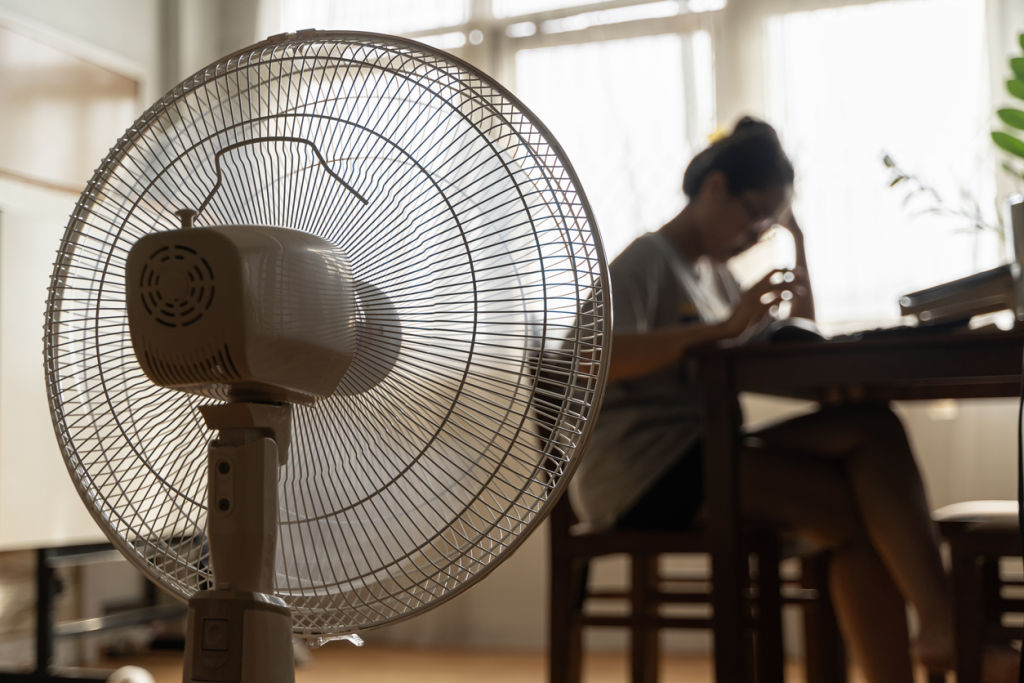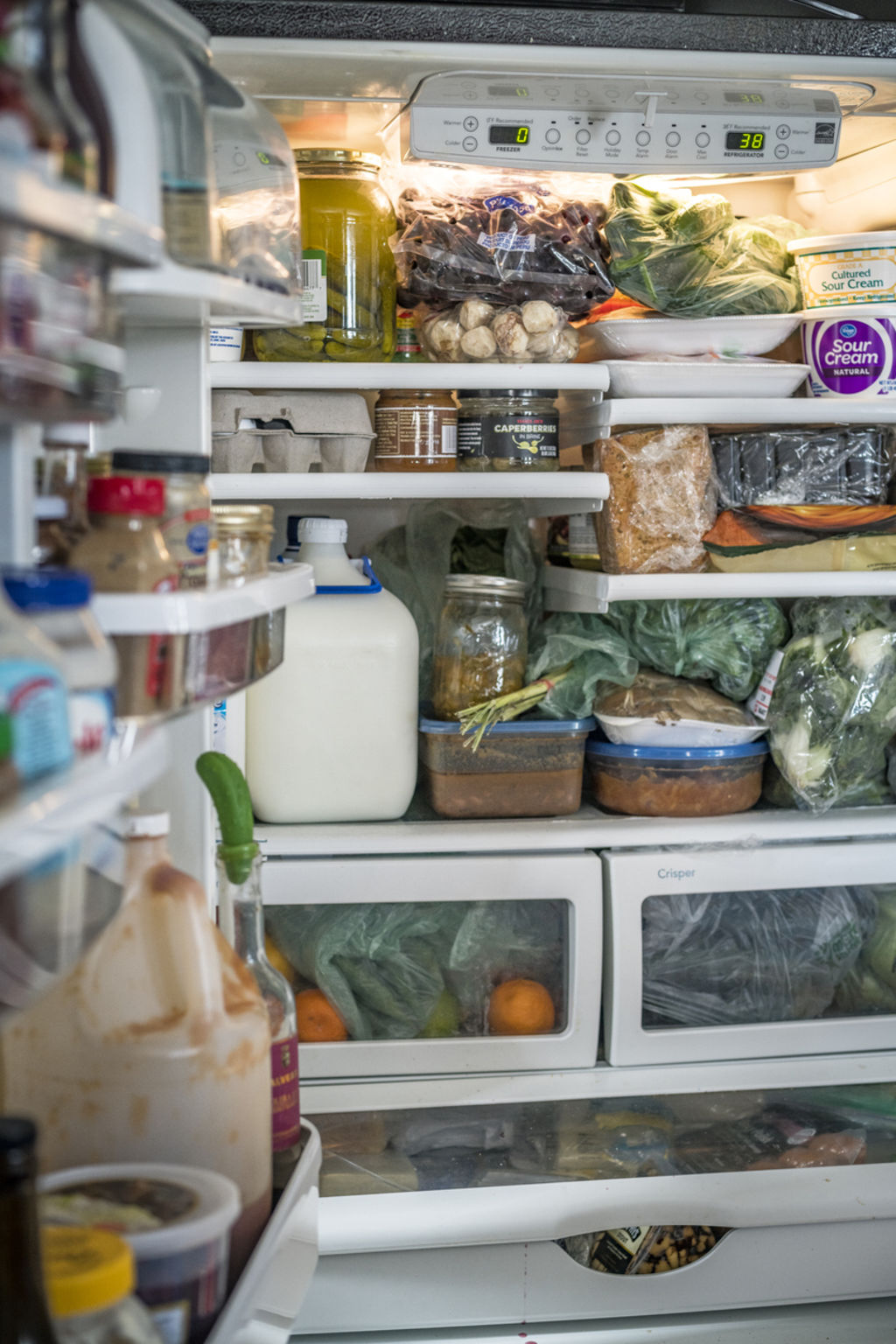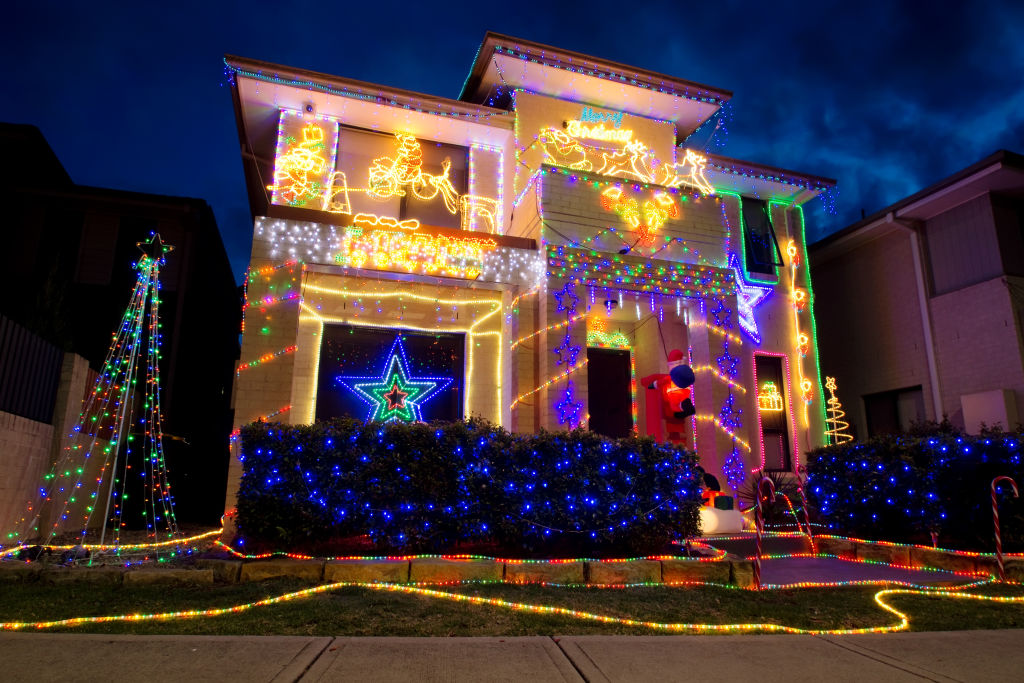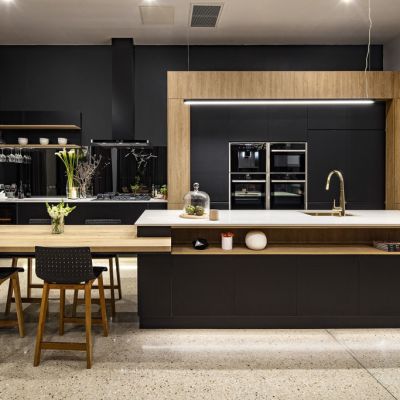How to save on energy bills at Christmas
You’re probably hoping that your Christmas will be merry and bright this year. But with energy bills increasing, perhaps the “bright” may need to be reined in.
Earlier this year, the Australian Energy Regulator advised that, from July, Australians would see their energy bills rise by up to 25 per cent, and many are now seeing that reflected in their bills.
In September, Finder’s Consumer Sentiment Tracker recorded another record-high level of energy-bill stress and found that a third of Australians rated energy bills as one of their top three most stressful expenses.
But there are things you can do to lower your energy bills and still have a Christmas that is merry and bright, without sacrificing comfort or skipping out on your favourite parts of the festive season.
How to save on cooling
Bill increases are bad news, considering the weather predictions for this summer. A hot, dry summer is on the cards for much of the country, which will leave Australians reaching for their air-conditioning units or fans.
If you don’t have the luxury of air-conditioning, RenewCo Solar founder and chief executive Matthew Summerville suggests leveraging shade in your home to avoid it heating up too quickly. Close curtains and blinds, or use any kind of makeshift window covering to prevent direct sunlight from heating up the rooms.
If using a fan, try positioning a bucket of ice directly in front of it to circulate cool air.
“The [air from the] fan needs to be hitting the ice and then it’s basically refracting that cooler air and circulating through the room,” Summerville says.

Appliances Online category expert Colin Jones says, “When your air-con is on, close off any rooms that do not require cooling such as bedrooms. By closing off these rooms, your desired area will cool down much quicker and you will save on overall running costs.”
Both Jones and Summerville agree that split-system, reverse-cycle air-conditioners are the most energy-efficient.
Instead of waiting for the temperature to rise and then pumping the air-con on a high setting, Summerville suggests turning the system on earlier and running it on the lowest speed but over a longer period for maximum efficiency.
Rather than turning the air-conditioning completely off when the house has cooled down, Summerville suggests turning off the compressor and just allowing the unit’s fan to recirculate air.
By using these tips, leveraging blackout blinds and ensuring good insulation, Summerville says some of RenewCo Solar’s clients have achieved savings of between $200 and $400 per month on their energy bills.
How to save on household appliances
Christmas is a time when the kitchen often gets heated, whether that’s due to cooking up a festive feast or simply through a family argument over who does the washing-up afterwards.
Deciding which appliances you use to cook your meals could pay off. Microwaves and air fryers will use less energy than an oven – it may not give your Christmas ham that gorgeous glaze, but could save you money.
If you have the option, cook what meals you can on an outdoor barbecue; it will save on energy and stop the house from heating up.

Try to lighten the load in your fridge, too. Overstocking your fridge for a long period of time (more than a couple of days) makes the appliance work harder to maintain a cooler temperature and could wind up being the cause of a high energy bill.
Finder tech and utilities expert Mariam Gabaji suggests staggering your grocery shopping days so the fridge doesn’t end up too full.
If you will be “switching off” from work for a Christmas break, make sure your devices are too. Shut down and unplug laptops and desktop computers when not in use. Also be sure to switch off what Gabaji refers to as “vampire appliances”.
“If you’re going away, or even if you’re at home, these are appliances that enter standby rather than fully powering down,” she says.
“These could include things like your toaster, coffee machine, microwave, TV, washing machine, tumble drier … by switching them off by the wall, you could save at least $100 over the year. And depending on how many appliances you have that are currently on standby mode, the savings could be even higher.”
How to save on Christmas lights

It might be time to ditch old-fashioned Christmas lights and invest in new, more energy-efficient ones.
“LED lights don’t use much power so if you’re still using those older incandescent light bulbs for your Christmas decor, it might be time to ditch those,” Gabaji says. “LED lights don’t really cost much now, so those are good ones to get.”
Look for a better deal
If you haven’t reviewed your energy plan within the last six to 12 months, the new year may be a good time to do so.
According to Finder’s consumer sentiment tracker, over a third (36 per cent) of Aussies do not believe they are getting good value for money on their electricity bill. Despite this, just 13 per cent have switched providers in the last six months.
“After the first 12 months, any benefit period you were on with your energy provider would have expired, and if you haven’t negotiated with your current provider, or compared to rates from other providers, you might not be on the best market offer available or at a competitive rate,” Gabaji says.
“That’s why it’s so important to compare, especially if you’ve been told by your energy provider that your prices have gone up but you haven’t explored other alternatives.”
We recommend
We thought you might like
States
Capital Cities
Capital Cities - Rentals
Popular Areas
Allhomes
More
- © 2025, CoStar Group Inc.










